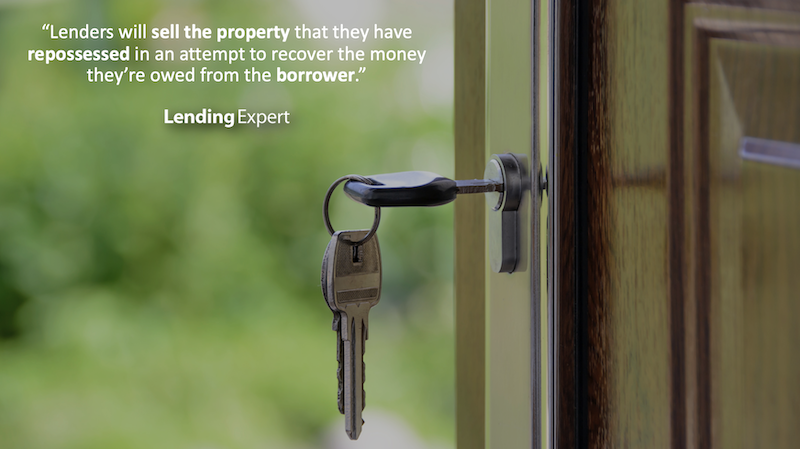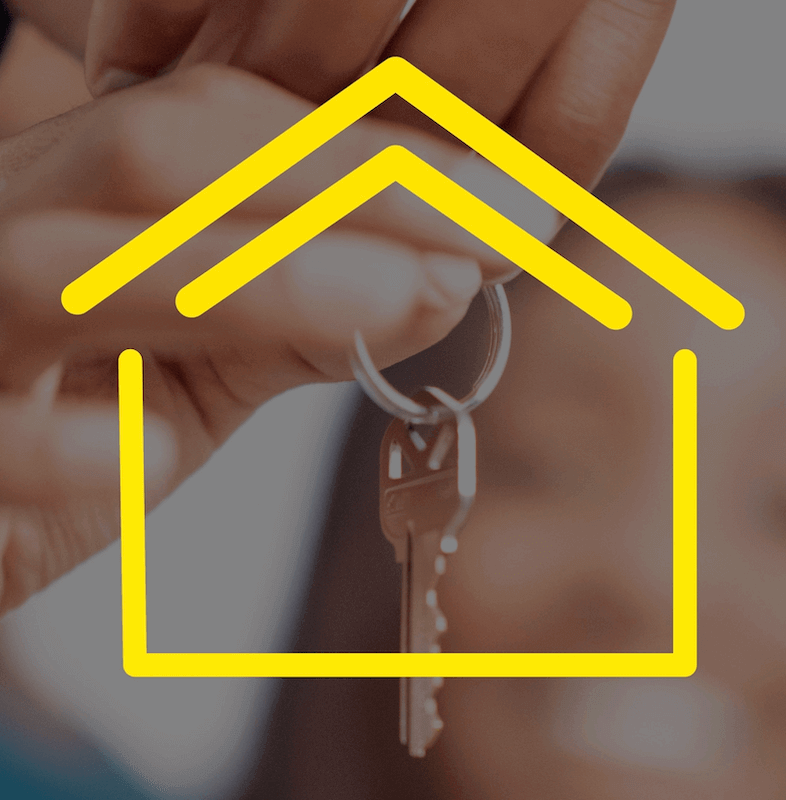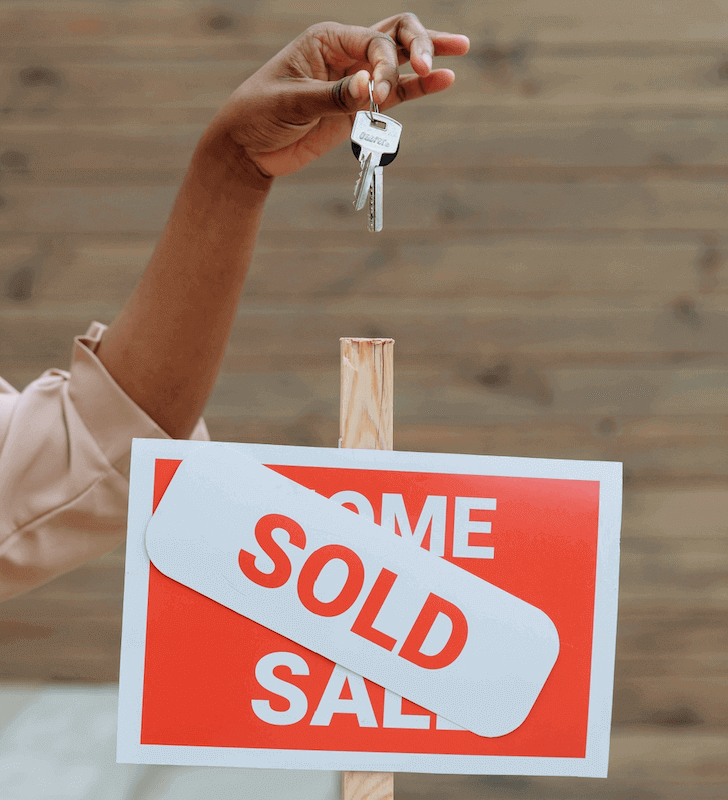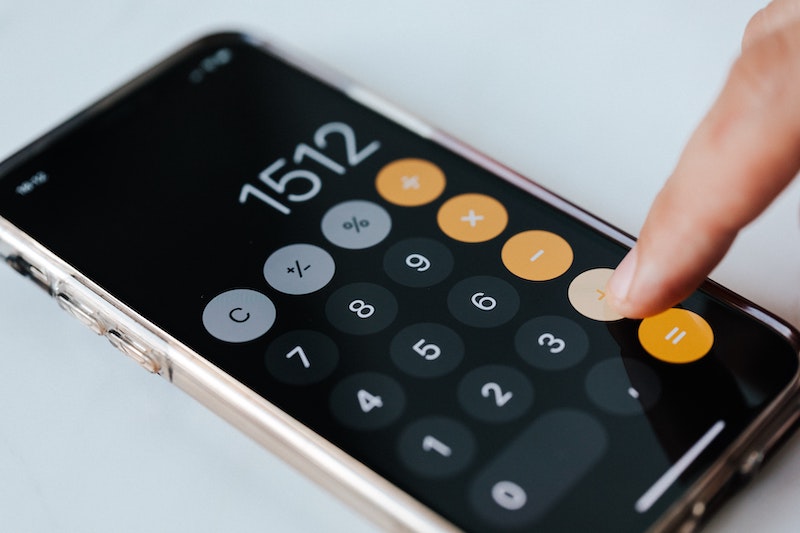After repossession, the lender will then try to sell the property. The majority of lenders will try to market the property with an estate agent, however, to make a quicker sale, the house may instead be sold at auction.
Lenders will sell the property that they have repossessed in an attempt to recover the money they’re owed from the borrower. Lenders will only repossess a property if the borrower fails to keep up with repayments, and even then, repossession is usually a last resort – especially for mortgage lenders, who can only repossess a borrower’s home if all other reasonable attempts at resolving the issue fail.
Will I Still Owe the Lender Money After Repossession?
You may still owe the lender money after your home has been repossessed. You’ll need to pay back the lender the total balance that’s owed, which the sale of the property might not cover.
Until the property is sold, you may still be charged interest on what’s owed. Other fees that can be added to the total bill of what’s owed include:
- Charges for property repairs and maintenance
- Legal costs
- Auction house fees
- Estate agent fees
If the sale of the house doesn’t cover the total cost of what you owe the lender, you’ll have to pay the additional sum over what the property paid for, unless the lender agrees to write off your debt.

What Happens Once the Property Is Sold?
Once the property is sold, the money from the sale will be used to pay back what the lender is owed. It will also be used to pay for any other debts that have been secured against your property.
If any money is left over from the sale that’s not owed to the lender(s) you have the secured loan(s) with, the remainder of the money will be sent to you.
If the sale of the house doesn’t cover the total debt you owe, you’ll have to pay back the remainder of what’s owed. If this has happened on a mortgage, it’s called a “mortgage shortfall”.
Will Repossession Affect My Credit Score?
Yes, if your property is repossessed due to defaulting on a loan, you will negatively affect your credit score.
Damaging your score in this way can also affect your borrowing options in the future. This is because a bad credit score suggests that you’re a greater risk to lend to than someone with a good history of borrowing.
Can I Buy a House Again After Repossession?
While getting a mortgage after your house has been repossessed is tricky, it could still be possible depending on various factors, including:
- When your property was repossessed – if under a year ago the likelihood of getting a mortgage will be almost zero, however, the more time passes the more likely you’ll find one.
- Why your property was repossessed – if you missed repayments due to something out of your control (e.g. fraud) this could change your likelihood of getting another mortgage.
- How big your repossession debt was – the smaller your repossession debt, the more likely you may be to get a mortgage.
While you may be able to get a home loan to buy a house, even after repossession, this will usually be after a certain period of time has passed, and even then, your damaged credit score could limit your borrowing options greatly.
To discuss your secured loan requirements today, you can get a free and impartial quote from Lending Expert here >>



